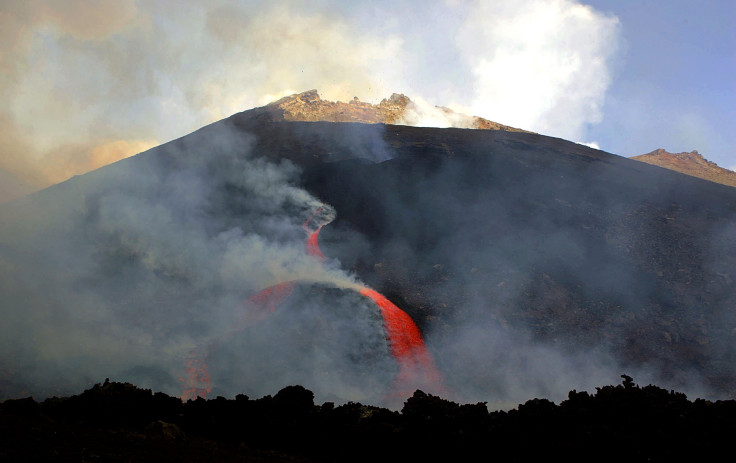Mega-volcano alert: Researchers warn ‘extinct’ volcano may erupt violently and destroy Rome completely

Researchers from the National Institute of Geophysics and Volcanology in Rome have revealed that an “extinct” volcano is coming back to life. They have warned that if it erupts, it will be as violent as the Mt Vesuvius one that wiped out Pompeii completely.
Located around 30 kilometres from the centre of Rome, the volcanic complex of hills, known as Colli Albani, was long thought to be extinct and it has no record of eruptions. But the team of researchers believe that it is very much alive and doesn’t erupt often.
Analysis of rocks in the region revealed a history of past eruptions. As per the researchers, the region enters an eruptive phase every 31,000 years. The researchers led by volcanologist Fabrizio Marra, used satellite data and ground-based observations of earthquake swarms and steam vents to analyse Colli Albani’s recent activity, News.com.au writes.
They found out that the ground beneath the volcano is expanding two millimetres a year in areas where steam vents are showing up. They also found evidence of magma entering fractures beneath the volcano after they noticed that the area has risen by 50 metres over the past 200,000 years. The volcano has not erupted in 36,000 years.
Even though the study, published in Geophysical Research Letters, said that Colli Albani is unlikely to erupt in another 1,000 years, when it does, it will cause widespread destruction. According to Express.co.uk, ash will be sent thousands of feet into the air and boulders and rocks would come hurtling down the hill destroying towns nearby.
In case the wind direction is headed towards Rome, it could be flooded with magma, devastating the city. The researchers believe that the magma hasn’t yet erupted due to surrounding land holding together a fracture under the volcano until about 2,000 years ago. Colli Albani is long due for an eruption.






